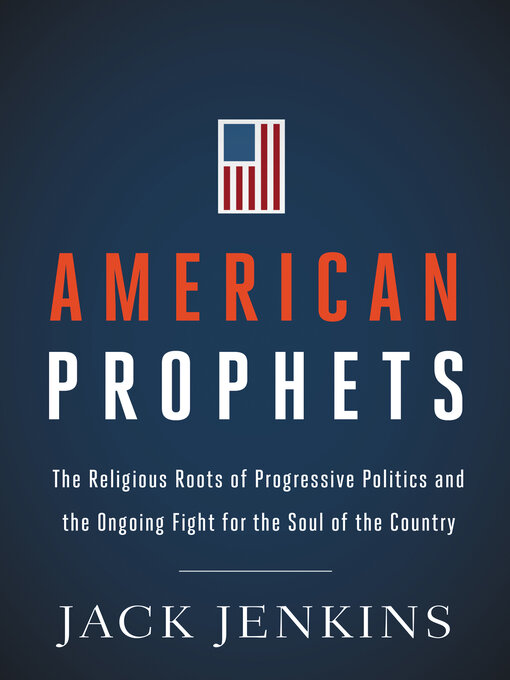Since the 1970s, the Religious Right has established itself as a coalition of fundamentalist powerbrokers who set the standard for Christian political values. But, as religion reporter Jack Jenkins contends, the country is also driven by a vibrant, long-standing moral force from the left. Taking many forms and many names, the Religious Left has operated since America's founding—praying, and protesting for progressive values such as abolition, labor reform, civil rights, environmental preservation.
In American Prophets, Jenkins examines the re-emergence of progressive faith-based activism, detailing its origins and contrasting its goals with those of the Religious Right. Today's rapidly expanding interfaith coalition — which includes Christians, Jews, Muslims, Buddhists, and other faiths — has become a force within the larger "resistance" movement.
Jenkins profiles Washington political insiders—including former White House staffers and faith outreach directors for the campaigns of Barack Obama, John Kerry, and Hillary Clinton—as well as a new generation of progressive faith leaders, including:


